Less of a full review but more along the lines of reveiw/my thoughts on what was essentially the Unearthed Arcana of D&D 5th Edition.
Why this particular book now? There are a few of the classes that I am considering back-porting over to B/X era D&D that my kids have expressed an interest in playing. I may or may not post those. They are not OGC and I have no plans to even "file the serial numbers off" to try an post them. Sometime I do things just for me or for fun.
Xanathar's Guide to Everything
2017, Hardcover. 192 pages. Full-color covers and interior art.
I called this book the "Unearthed Arcana" of D&D 5 and that is more or less on point. Much of the material here appeared in the pages of the online version of Unearthed Arcana.
The book has a wide variety of tools for Players and the DM and all are listed as being optional. This was published in 2017 so there is no hint here of anything that might be "5.5" or "5r" related.
The book is divided into an introduction, three chapters and two appendices.
Introduction
This covers what the book is about, and its origins from the online Unearthed Arcana. Wizards of the Coast has worked to get the layout of their D&D 5th ed books to be one of clean efficiency. Maybe not as much as say Necrotic Gnome has with OSE, but still really nice. For example their Table of Contents fits on a single page.
We get a (tiny) bit of background on who Xanathar is. Not being a huge FR fan I did not know but figured it had to be the same beholder from the 1st Edition AD&D Waterdeep and the North.
There is a page on "The Core Rules" which is really nice to have. There are ten rules that cover most situations. These are all from the PHB and DMG, but nice to have them repeated here.
Chapter 1: Character Options
We start with a listing of the 31 new subclasses for the twelve base character classes. Now before someone start screaming "rules bloat" these are not subclasses in the way that AD&D 1st Ed meant them. These are archetypes of the main twelve classes. So for example the Cleric has the Life and War domains (among others) in the PHB now gains the Forge and Grave domains here. Each subclass is tailored to the main class. So with Clerics they are "Domains" for Bards they are "Colleges" and Warlocks have "Pacts." So they are more like the AD&D 2nd Edition Kits. Both in good and bad ways. There is not much power creep yet.
This chapter covers about 65 or so pages, so a third of the book. Each main class gets some details that worked for any subclass of that class (Bards get more instruments, clerics have more details on their temples for example). There are a lot of classes in this book. I am not going to get into every subclass here. But I would like to point out a few.
The Bard College of Swords is the spiritual descendent of the AD&D 2nd Bard kit known as the Blade; aka the moment I knew 2nd Ed Power Creep was happening. The Blade Kit sucked. The fiction for it sucked and the NPC they used as their iconic Blade REALLY sucked. The College of Swords Bards are also called Blades. Their AD&D 2nd ed origins are very plain, BUT there is none of the power creep and thankfully the edgy NPC "Dark" is also gone.
Grave Domain Clerics are the other side of the coin of the Life Domain Clerics. Where the Life Cleric (PHB) tries to preserve life, the Grave Domain Clerics make sure the dead stay at rest. They are the "good" option of the Death Domain Clerics (DMG). Cleric Domains have their origin in 2nd Ed and were expanded greatly in 3rd Ed.
Fighters now have an Arcane Archer subclass (known as a Martial Archetype here). This is the 5e update of the 3rd Edition Prestige Class. Monks (Monastic Traditions) get a Way of the Drunken Master and a Way of the Kensei. Paladins get new Oaths. Rangers get new Archetypes including the Gloom Stalker, a Ranger adept at working in dark places but my favorite is the Monster Slayer. Rogues get the Mastermind and Scout Archetypes.
The Sorcerers are next. Their subclasses are known as Arcane Origins, or essentially how you became a sorcerer. In addition to these are some tables on various supernatural marks (think witch mark) and other weirdness due to your bloodline. The one I wanted to convert is the Divine Soul. You have a bit of divinity in your blood. I would convert these as a B/X Magic-user and allow them to have some free cleric spells based on their divine blood. Cure Light Wounds and Bless for Lawful for example. Their Charisma would need to be high, like 14 and that would be their Prime Requisite ability too. While they get the spell for free, they can only still cast it once per day. At the 14th level, they gain their Otherworldly Wings. There is also the Shadow Magic Sorcerer. This feel like it is from the Shadowfell Player's book from 4e.
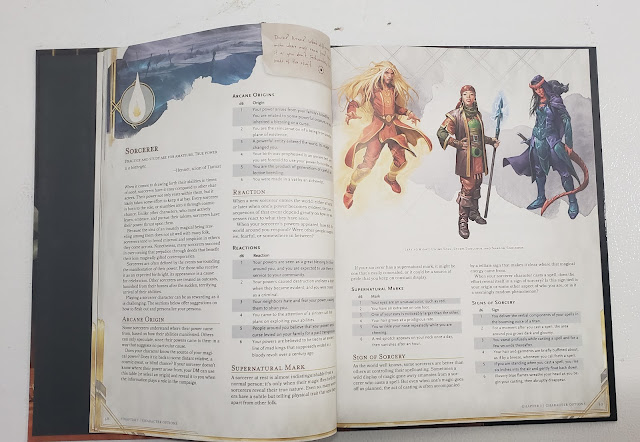
Warlocks also get new marks and new invocations. There is a Celestial Pact for people that want to play "good" warlocks. Before anyone dismisses this idea remember that Aleister Crowley had a pact with an angel he called Aiwass and believed was his personal guardian angel to who he made invocations to every day.
Wizards have Arcane Traditions that more or less equated to "Schools of Magic."
The next section of this chapter covers a variety of character background ideas such as origins and life events with lots of random tables. Like an Old-School collection of random tables. ALL of them are also perfectly adaptable for use in ANY version of D&D. They remind me a lot of the tables from the 1st Ed AD&D Unearthed Arcana.
There are some new racial feats, but unlike 3e or even 4e, 5e is not feat centric. You can even have a character that never takes a feat at all. These are largely mechanical rule manifestations of possible background ideas. Have weird eyes? Ok, you have weird eyes, jot it down on your sheet. Do these weird eyes do something special? Well, you might need to take a feat for that then.
Honestly, I did not see anything in this chapter that I could not easily convert to an earlier edition of and D&D.
Chapter 2: Dungeon Master's Tools
This chapter covers a wide variety of topics but mostly expands on material already in the DMG. Topics like Falling, Sleep, Tying Knots, Adamantine Weapons, and Tool Proficiencies are all discussed. Lots of tools.
Spellcasting gets a bit of special treatment here. The area of effects on a grid is detailed. d6s are used as visual aids to show how to set up on a grid.
Some more detail on building monster encounters is also discussed, including single and multiple different types of monsters. There is an eye towards balance, but there is no requirement to do so. The only real advice is "avoid monsters that can drop a character in a single hit." I have seen more than a few TPKs in D&D 5e.
Again we are treated to what I can only describe as pages of old-school-style random encounter tables.
There is also a section on Traps that while not quite as gleeful as a Grimtooth product, will still make that Chaotic Evil DM smile. How much? One trap has a save DC of 20 and does 24d10 damage.
There is a discussion on downtime and the reason why my youngest bought this book, magic item creation rules. More magic items are also detailed.
Chapter 3: Spells
This last full chapter covers new spells. About 30 pages worth. The spell economy of 5e is different. There are no Cure Light Wounds, Cure Moderate Wounds, and Cure Serious Wounds spells for example. There is only Cure Wounds and it is a low-level spell for Bards, Clerics, Druids, Paladins, and Rangers. IF you want a more powerful version you cast it at a higher spell level. So instead of a 1st level spell, it is treated as a 5th level spell for example. This means less print space is needed for spells.
Appendix A: Shared Campaign
This covers working on interlinked campaigns and working details out. Not everything you need to know is here, some more could have been written, but it is a great start.
Appendix B: Character Names
This section is just tables and tables of names. Various cultures (English, French, Egyptian, and more) as well as other nonhuman ones ( Elf, Dwarf, Dragonborn, and more). The nonhuman includes a personal name and a family or clan name as well. I did notice that two Tieflings from "Brimstone Angels," Farideh and Havilar, are listed under the Dragonborn names. Why? Well their adoptive father Mehen (51-52 on a d100) was a Dragonborn so he gave them Dragonborn names.
So. I picked up this book for the various subclasses, but found a wealth here for many of my other D&D games.
I would say that most of this book is easily adaptable to any version of D&D you choose to try it with. The exception might be 4e. There are some seriously interlinked mechanics there.
Xanathar's did quite well for a splat book and was even listed as one of Publisher's Weekly best-selling books for December of 2017.
Despite his name and picture on the cover there is not a lot of material on Xanathar himself outside of the sidebars. Wizards would later do a much better job with Tasha in her book.
The art is amazing as to be expected. The layout is a step up from the Core Rules and shows what the design team has learned in the last few years.
You can see bits and pieces of D&D's DNA from all editions here, though this is largely true for 5th edition in general.




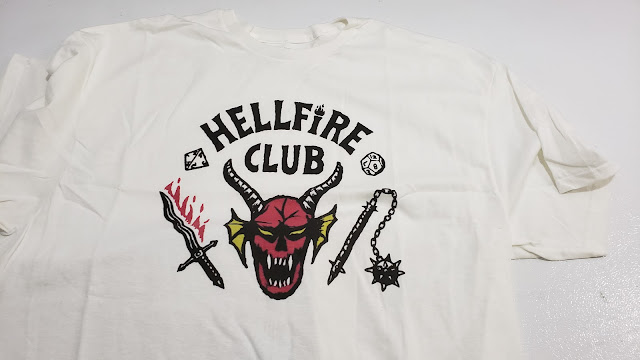
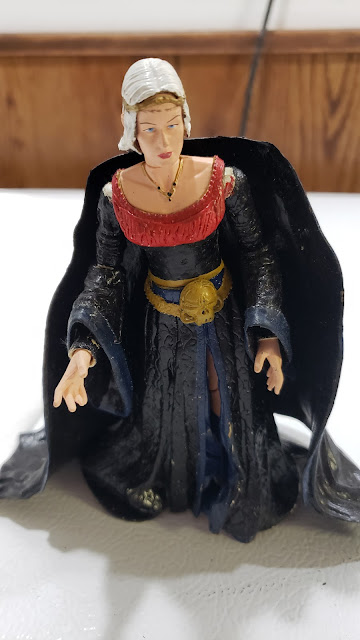
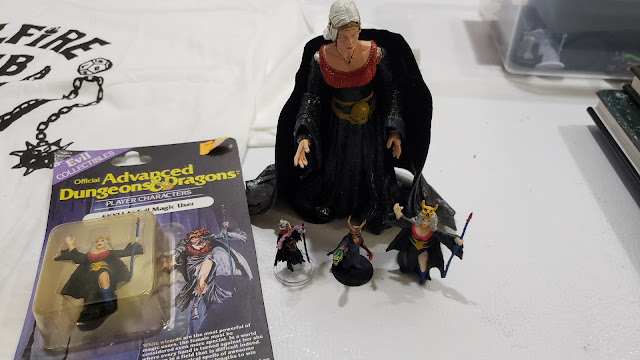

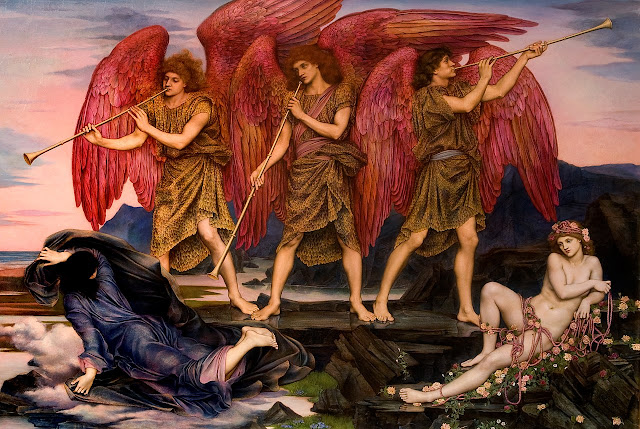
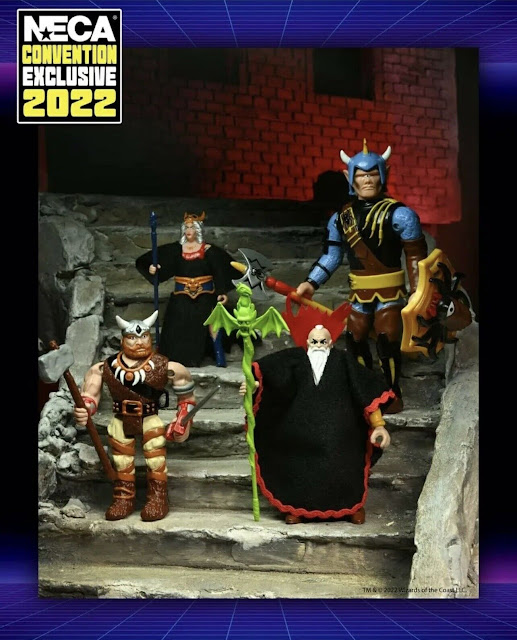

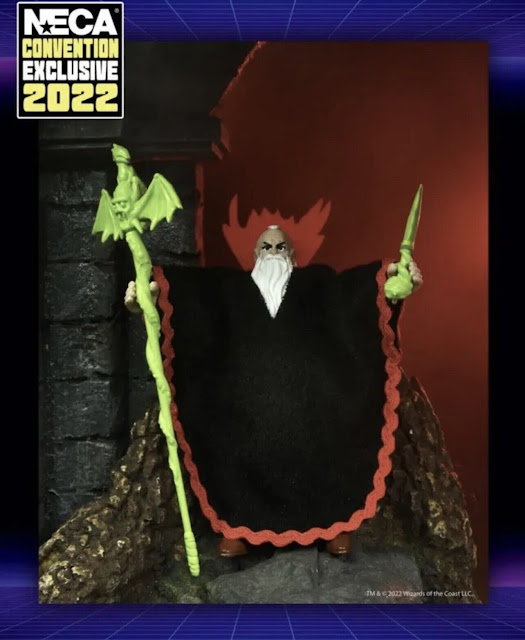
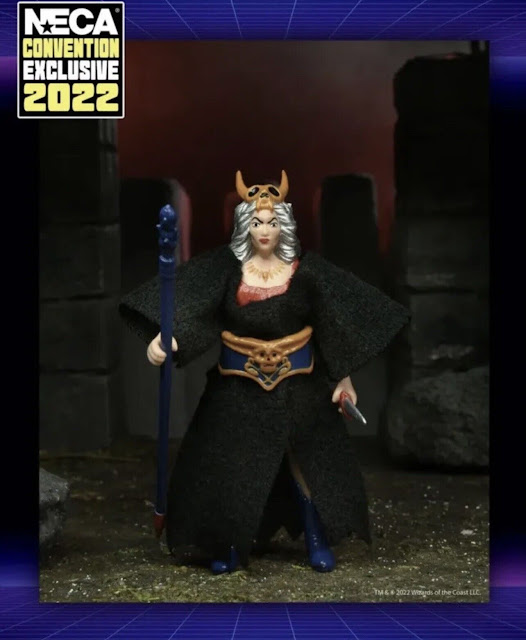




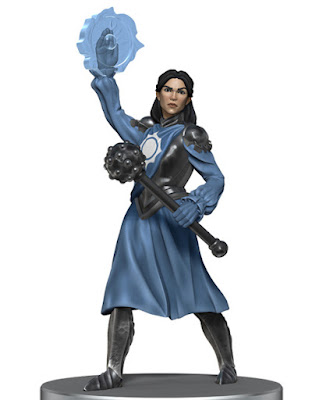
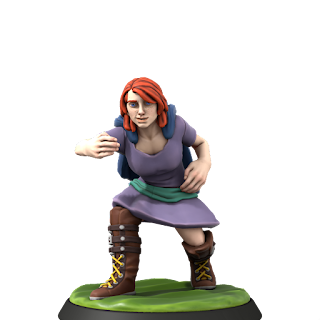
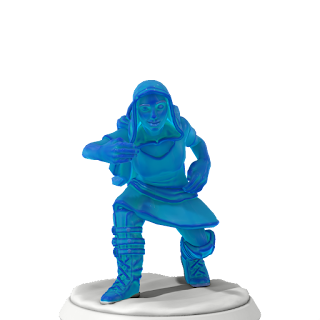

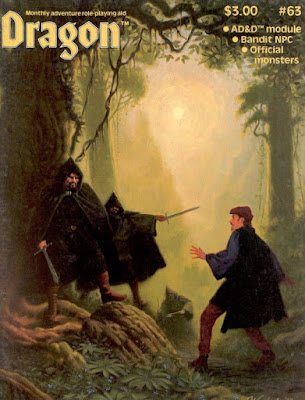





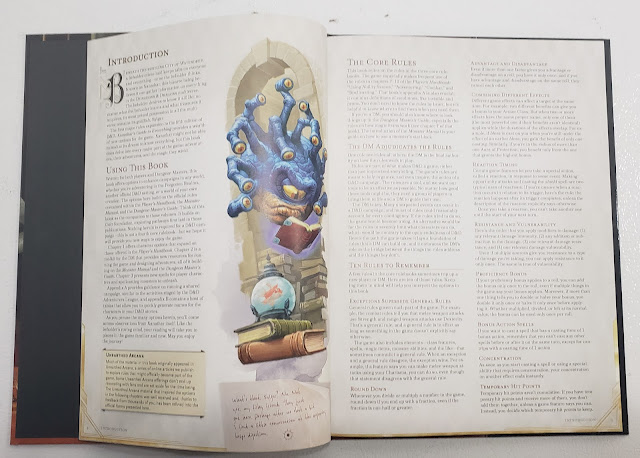

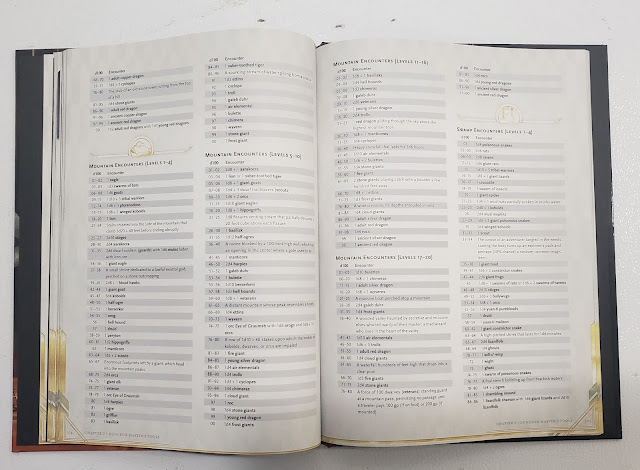

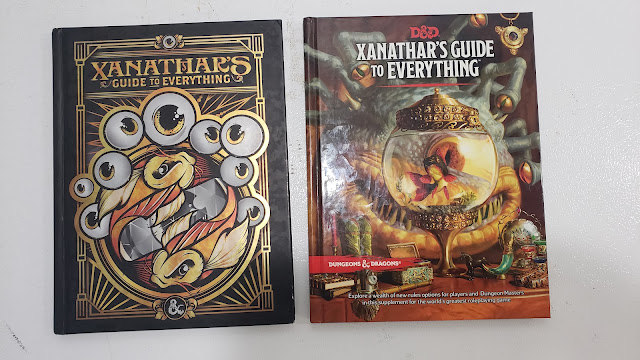

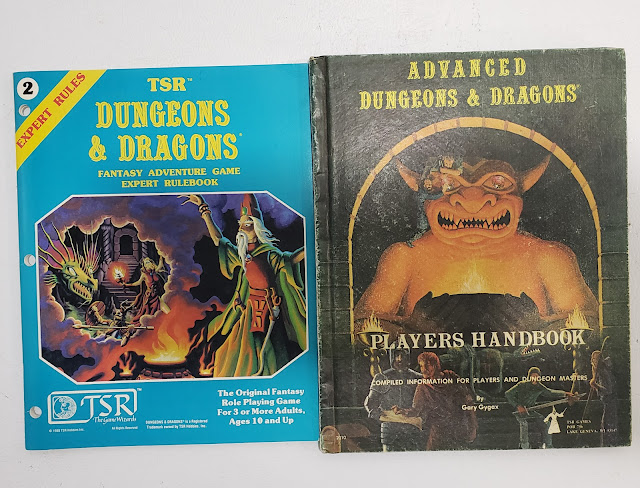
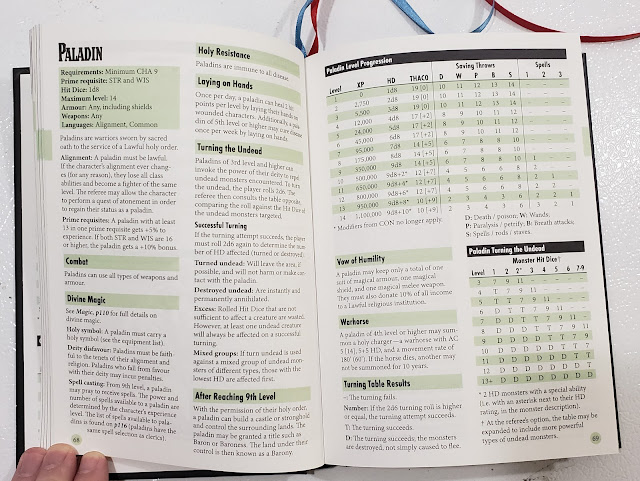


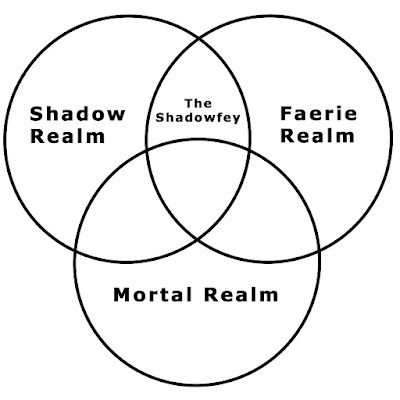
.png)
.png)